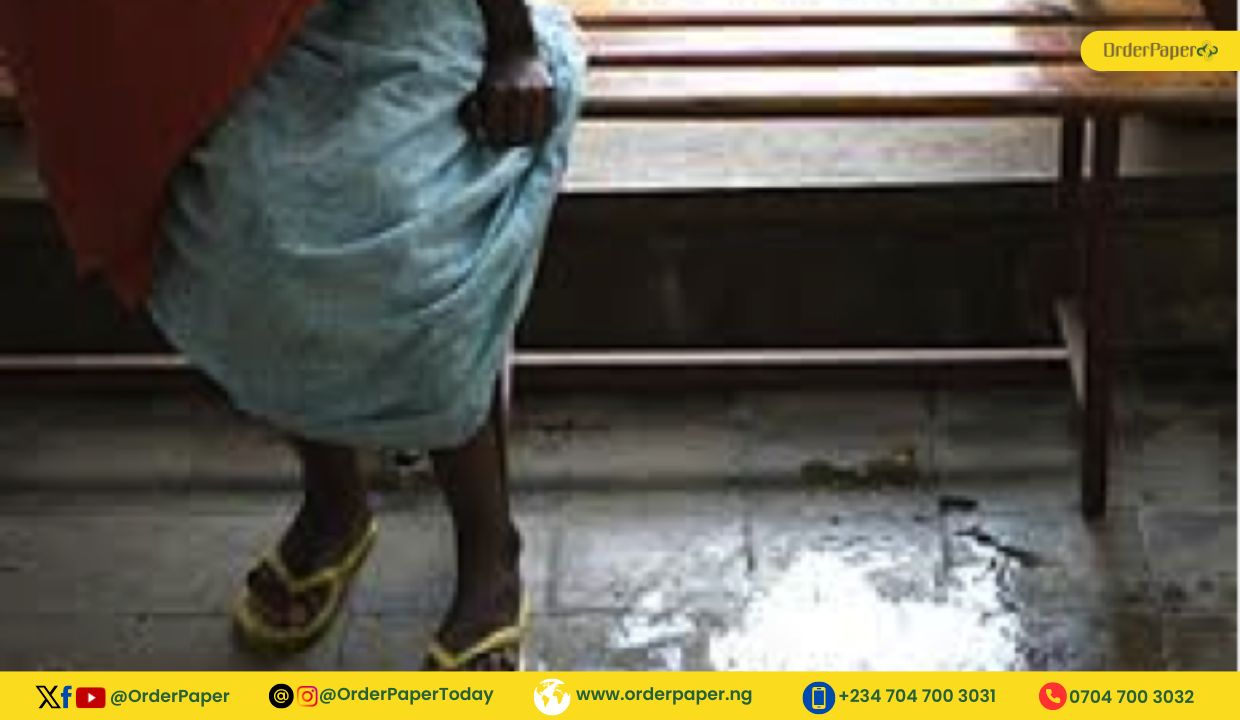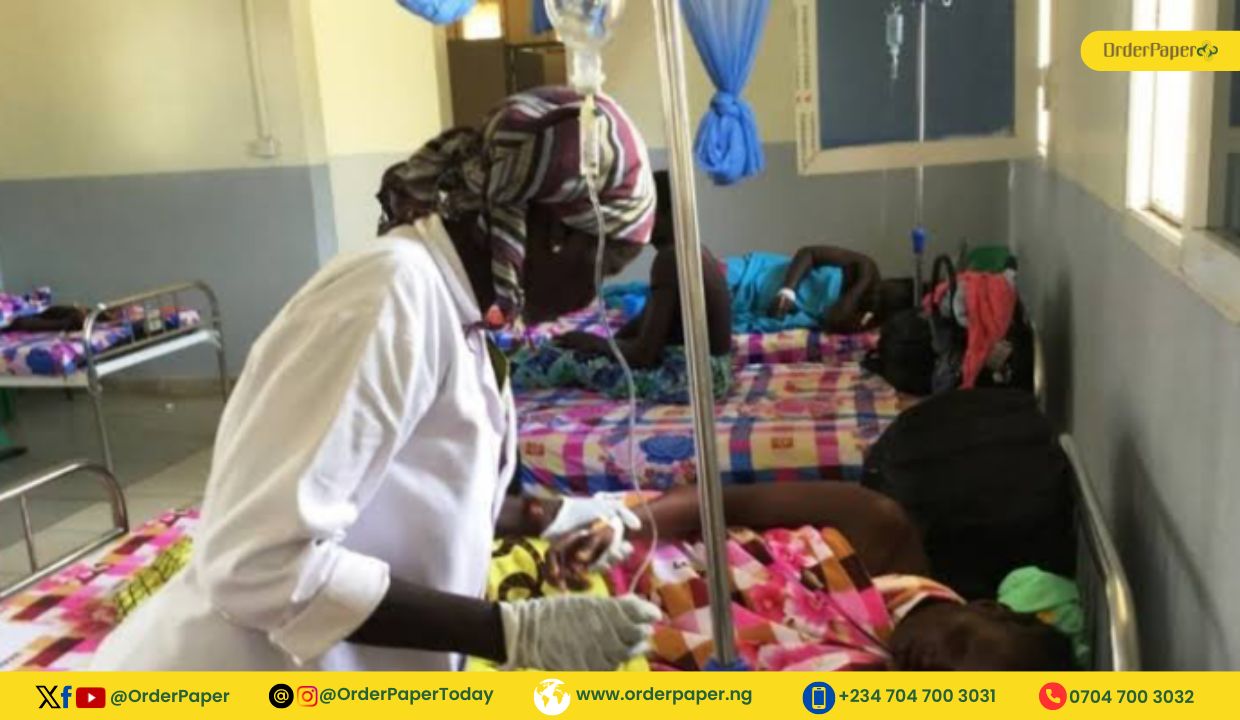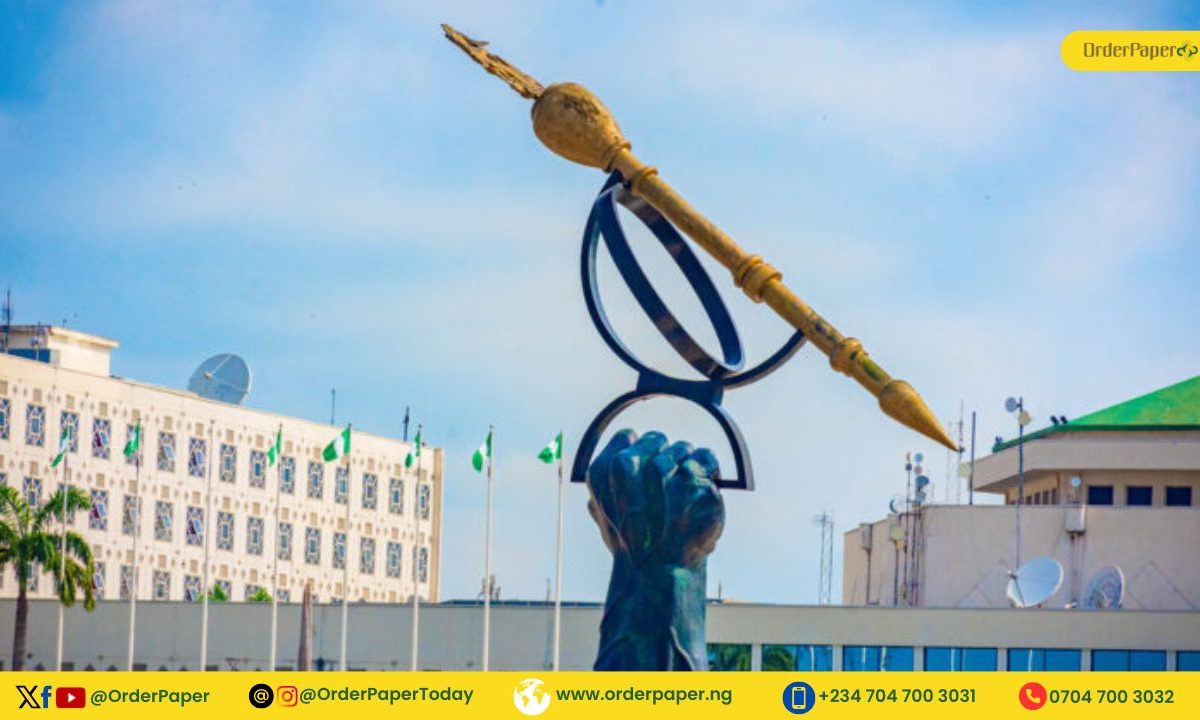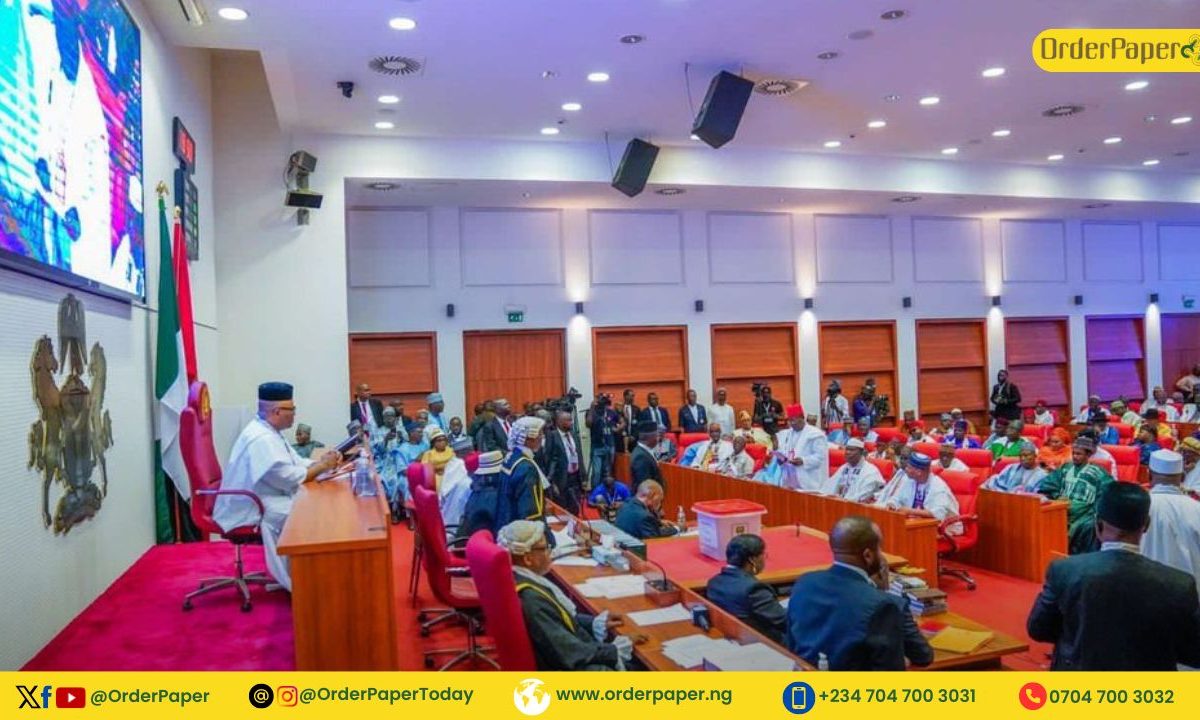This week’s Gender Equality and Social Inclusion (GESI) tracker highlights three pivotal initiatives on elderly care, youth welfare and fistula treatment introduced in the House of Representatives, while Sen. Natasha gets an apology from Akpabio over his derogatory nightclub comment
![]()
Commission coming for the elderly
A bill for the establishment of a national commission for elderly persons was brought to the House of Representatives this week. According to Country meters, approximately 3.1% of Nigeria’s population comprises individuals aged 65 years and older. This demography faces significant challenges, including health issues, poverty, loneliness, discrimination, and abuse. Traditionally, support systems provided by families have been diminishing, resulting in a concerning trend that threatens the well-being and dignity of the elderly. If left unaddressed, this neglect can lead to increased social isolation and health disparities among this vulnerable group. Therefore, integrating elderly persons into the social and economic fabric of Nigeria is essential for enhancing their quality of life. The national commission for Elderly persons (establishment) bill, 2024, is sponsored by Rep. Mukhtar Zakari (NNPP, Kano) and passed the first reading in the House.

Why the bill on elderly matters
In alignment with the 2030 Agenda for Sustainable Development Goals (SDGs), which emphasizes that “no one is left behind,” it is imperative to focus on vulnerable populations, including the elderly. The proposed national commission for elderly persons supposedly aims to address the unique needs and challenges faced by Nigeria’s elderly population. The commission will hopefully ensure that older adults receive the care, support, and recognition they deserve, thereby promoting their social inclusion and enhancing their overall quality of life.

Youth improvement commission on the horizon
Also, this week, a bill on the establishment of a national youth improvement management commission was introduced in the House of Representatives. With one of the largest youth demographics in the world, Nigeria faces pressing challenges such as unemployment, poverty, lack of quality education, and insecurity.
The proposed establishment of the commission ostensibly aims to implement targeted initiatives that address the socio-economic needs of all youth, with a particular focus on the most vulnerable groups. By adopting a GESI framework, the commission, when eventually established, can develop programmes that not only generate job opportunities but also emphasize skill development and entrepreneurship, thereby empowering disadvantaged youth. The bill is sponsored by Rep. Mohammed Shehu (PDP, Bauchi) and successfully passed its first reading.

Prioritizing women’s health hampered by obstetric fistula
Fistula, particularly obstetric fistula, is a significant public health issue in northern Nigeria, with notable cases reported in Bauchi State. Obstetric fistula is often caused by prolonged labor without access to timely and appropriate medical care, leading to a tear in the vaginal wall leading to uncontrollable leakage of urine or feces. The prevailing rise of this health issue has been pinpointed to inadequate access to maternal healthcare services and lack of access to skilled birth attendants. This must have necessitated the need for for the establishment of a national hospital for women and fistula care centre in Bauchi. A bill in this wise has been sponsored by Rep. Adamu Gamawa (APC, Bauchi) and introduced in the House of Representatives this week and has passed the first reading.

Natasha Akpoti gets an apology from Akpabio
During the Tuesday’s plenary session this week, the President of the Senate, Godswill Akpabio apologized to Natasha Akpoti-Uduaghan (PDP, Kogi Central) for comparing her conduct in the Senate to that of a nightclub. it was recalled that last week Thursday’s plenary, Natasha Akpoti-Uduaghan commented on a motion without the permission of the President of the Senate, an action which contravened the Senate standing order. In reaction, Akpabio stated that the Senate was not a nightclub and rules must be followed.
This initial comment by Akpabio has been perceived as disrespectful or derogatory towards the female senator and undermined the professional standing of women in politics. However, as Tuesday’s plenary session, Akpabio offered an apology recognizing the inappropriate nature of his comment and acknowledging the need for respectful and equitable treatment of female colleagues. This is significant in the context of GESI as it touches on issues of gender respect, equality, and the need for inclusive behavior in professional and political settings.



